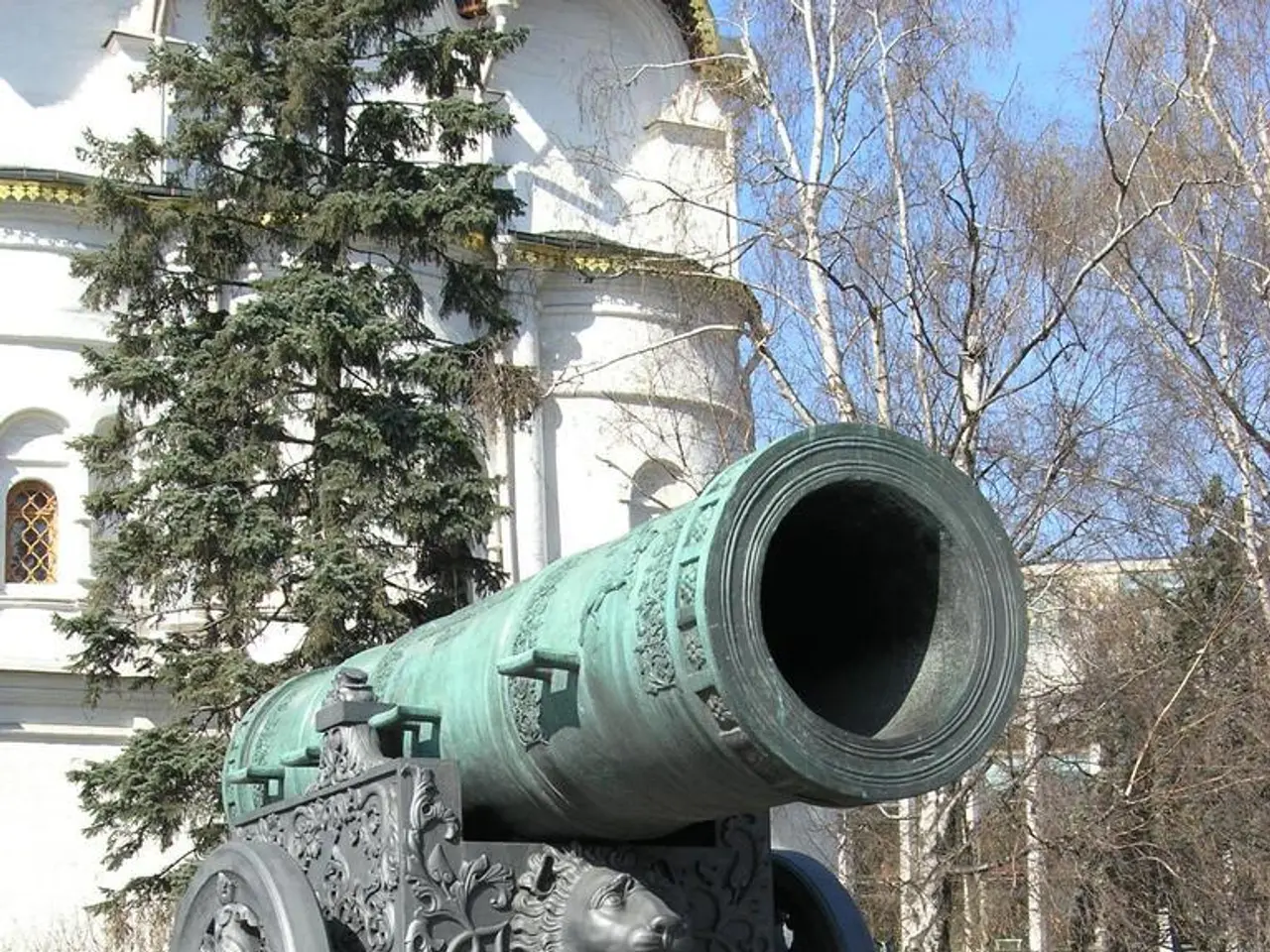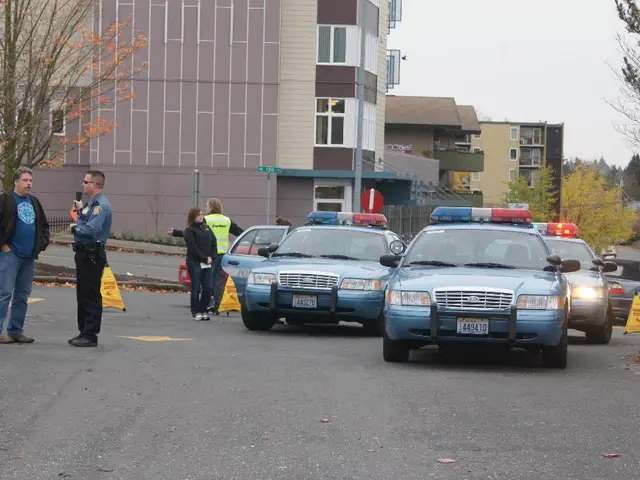Contemporary Governmental Affairs
U.S.-Russia Summit in Alaska Fails to Yield Peace Agreement
The anticipated outcome of the U.S.-Russia summit in Alaska, which took place on Friday, is generally seen as disappointing, with no ceasefire or substantive peace agreement reached. Russian forces continued attacks during the talks, and the summit ended without a deal to halt Russia's invasion of Ukraine.
The summit, the first between the two leaders in four years, was hoped to initiate a peace framework. However, Putin remained intransigent on major issues, including Ukraine's territorial integrity and war aims. A hoped-for framework might involve a ceasefire with possible minor land swaps but without Ukraine or the West recognizing the Russian occupation as legitimate territory.
Despite the lack of progress at the summit, the U.S. appears to be pressing forward with efforts to accelerate negotiations. Trump met Ukraine’s Zelenskyy and European leaders afterwards to seek a unified position and potentially arrange a future Putin-Zelenskyy meeting. Russia has yet to confirm any plans for a Putin-Zelenskyy meeting, and the Kremlin has long pushed back against Putin meeting Zelenskyy until a peace deal is reached by Russia and Ukraine.
Putin aims to keep Ukraine out of NATO and prevent it from hosting Western troops. He expects the summit with Trump to cement Russia's territorial gains in Ukraine. Pro-Kremlin analyst Sergei Markov suggests Putin may want to brief Russia's most important allies about a potential settlement. Putin has been in communication with leaders of China, India, Brazil, South Africa, Kazakhstan, Uzbekistan, Belarus, and Kyrgyzstan, potentially briefing his most important allies about a potential settlement.
The exact location within Alaska for the summit is still unknown. The meeting is a diplomatic coup for Putin, as he has been isolated since the invasion. European Union foreign policy chief Kaja Kallas emphasized that all temporarily occupied territories belong to Ukraine.
In summary, while the summit raised hopes for diplomatic progress, the anticipated outcome is no immediate peace but efforts to build conditions for future negotiations, with significant unresolved conflicts over Ukraine’s sovereignty and territorial status. Putin's maximalist demands, such as regime change in Kyiv and demilitarization of Ukraine, undermine prospects for peace.
- The continued failure to reach a peace agreement in the U.S.-Russia summit highlights the need for stricter policies in war-and-conflicts, particularly in the context of Ukraine.
- The court is yet to rule on the legality of Russia's invasion of Ukraine, but the lack of progress in the summit indicates a need for policy-and-legislation to address such violations of international law.
- The General News Network reported an increase in car-accidents and fires in the Ukraine-Russia border, which some analysts attribute to the ongoing war-and-conflicts in the region.
- Amidst the failure to reach a peace agreement, politics continues to play a crucial role, with both sides using strategy and negotiations to advance their interests.
- In the face of Putin's maximalist demands, the international community should consider strengthening laws and policies to prevent further migration of Ukrainian refugees, providing necessary aid and protection.
- The silence from Russia regarding a Putin-Zelenskyy meeting raises questions about their commitment to policy-and-legislation and diplomatic efforts toward a lasting peace in Ukraine.
- Crime-and-justice continues to be a significant issue as a result of the war, with reports of human rights abuses and crimes against civilians escalating in the conflict zone.






